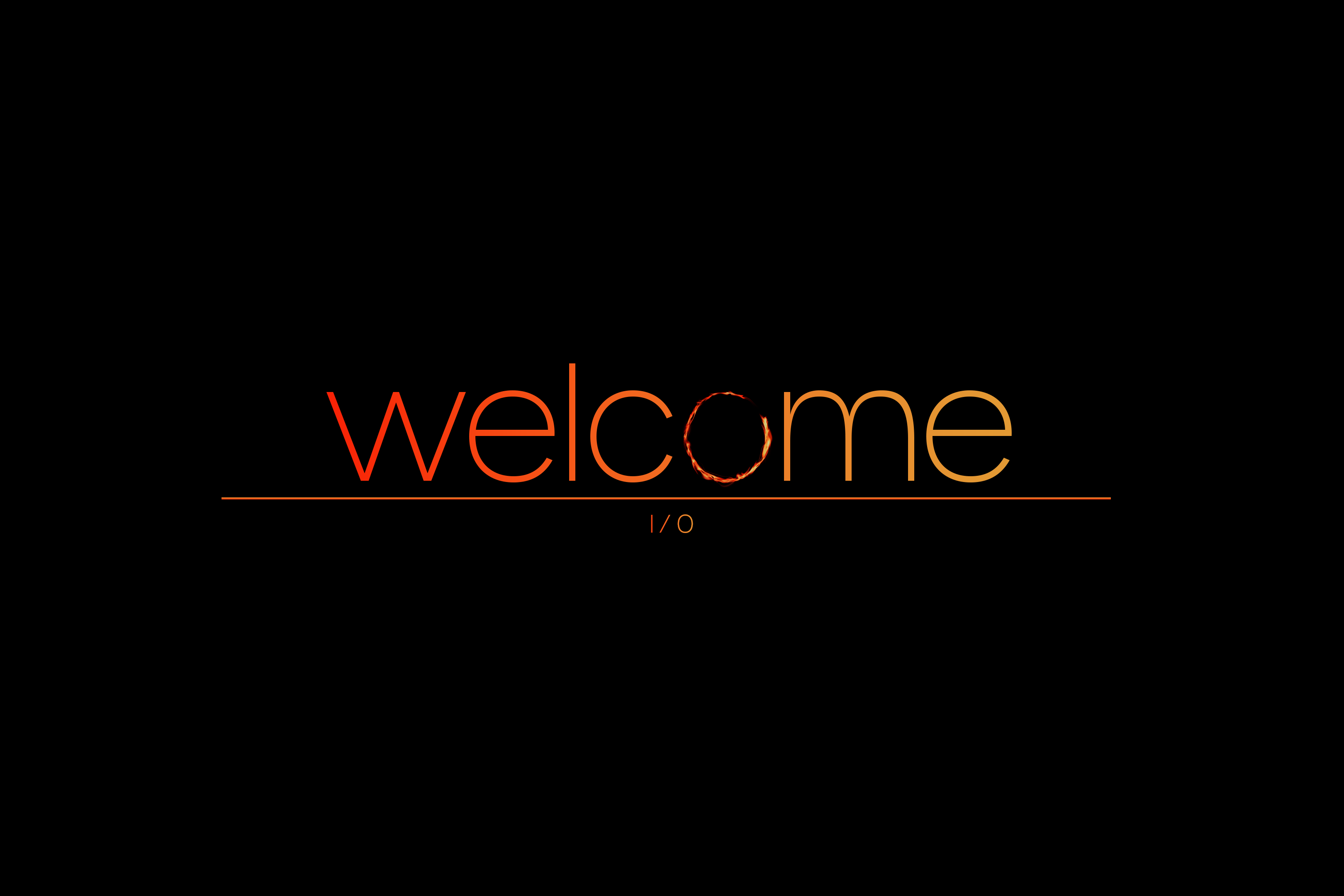Introduction
As a creative professional, your mind is a wellspring of ideas, visions, and possibilities. Your unique talent enables you to transform the ordinary into the extraordinary, to craft narratives that touch hearts, to weave sounds that stir souls, or to design visuals that provoke thought. Yet, there’s one adversary that often stands between you and the manifestation of your creative potential – procrastination.
The lure of ‘later’ can be all too seductive, especially in the creative realm. The blinking cursor on the blank page, the untouched canvas, or the silent musical instrument all bear testimony to the power of procrastination. It’s the unseen nemesis that delays the start or completion of projects, often under the guise of fear of failure, perfectionism, or an inability to find the right direction.
The consequence? A perpetual state of incompletion, a constant nagging sense of missed opportunities, and ultimately, a hindrance to your growth and success as a creative professional. But here’s the good news: it doesn’t have to be this way.
Procrastination can subtly yet significantly impact your creative journey. It’s often driven by a complex interplay of emotions, habits, and thought patterns. Understanding this can be a stepping stone to overcoming procrastination. The real key is transforming this understanding into action.
So, here’s an invitation. An invitation to break free from the hold of ‘later,’ to replace stagnation with progress, and to unfetter your creativity from the shackles of delay. This is not merely about combating procrastination; it’s about harnessing the power of action and adopting a growth mindset that can unlock the door to fulfillment in your creative endeavours. Now, let’s delve deeper into this intriguing journey.
Understanding Procrastination
Procrastination, contrary to common belief, goes far beyond mere laziness or poor time management. It’s a complex issue, often underpinned by emotional factors, such as fear of failure, perfectionism, or an inability to pinpoint the right direction. Procrastination is the act of delaying or postponing tasks or actions despite knowing that doing so could have negative consequences. It’s the gap between intention and action.
When it comes to creative professionals, this gap can be particularly pronounced. The process of creation, by its very nature, invites the potential for judgement and criticism. It’s therefore not surprising that fear of failure can make it tempting to put off starting or finishing a project.
Similarly, the pursuit of perfection can also be a procrastination trigger. The desire to produce a flawless end product can seem so daunting that it becomes easier to not start at all. And then, there’s the struggle to find the right direction – the quest for the perfect idea, the perfect inspiration. The reality, however, is that these “perfect” conditions seldom exist, and waiting for them often results in nothing getting done.
The impact of procrastination on creative professionals can be profound. Missed opportunities, elevated stress, decreased productivity, and compromised quality of work are just some of the potential consequences. It’s a silent foe, slowly eating away at your potential, undermining your productivity, and stifling your creativity.
In the subsequent sections, we’ll discuss how habits, emotions and thought-patterns influence this tendency to procrastinate, and importantly, we’ll explore strategies to overcome it. Because understanding the problem is the first step towards solving it.
Expose yourself to your deepest fear; after that, fear has no power, and the fear of freedom shrinks and vanishes. You are free.
— Jim Morisson
Expose yourself to your deepest fear; after that, fear has no power, and the fear of freedom shrinks and vanishes. You are free.
— Jim Morisson
The Psychology Behind Procrastination
1. Fear and Procrastination
Fear is a powerful emotion that can have a paralysing effect on our actions. For creative professionals, this fear can manifest in various forms—fear of failure, fear of judgment, and sometimes, even the fear of success. These fears create a mental barrier, causing us to delay or avoid starting a project to protect ourselves from potential negative outcomes. In this context, procrastination becomes a safety net, albeit one that hinders our creative process and personal growth.
2. Perfectionism and Procrastination
Perfectionism, the relentless pursuit of flawlessness, can be both a strength and a weakness for creatives. On the one hand, it drives us to produce high-quality work. On the other, it can create an overwhelming pressure that leads to procrastination. The thought of producing anything less than perfect becomes daunting, leading us to delay starting or finishing projects. In essence, we procrastinate to avoid confronting the potential shortcomings in our work.
3. Lack of Direction and Procrastination
When a creative professional lacks a clear direction for their project, the path ahead can seem daunting and ambiguous. Without clear goals or vision, even the first step can feel insurmountable, leading to procrastination. The ambiguity breeds uncertainty, and in the face of this uncertainty, we often choose inaction—procrastination—over the discomfort of confronting our lack of direction.
4. Emotions and Procrastination
Emotions play a significant role in our behaviour, including our tendency to procrastinate. Negative emotions, such as stress, anxiety, or self-doubt, can lead us to procrastinate as a form of emotional self-regulation. We delay tasks to avoid these uncomfortable feelings, even if doing so is detrimental to our productivity and creativity.
By understanding these psychological triggers for procrastination, we become better equipped to recognise and tackle our own tendencies to delay. Awareness is the first step towards change, and in understanding the why, we can start to combat the how of procrastination.
Strategies for Combating Procrastination
1. Recognising Triggers
Start by identifying what prompts your procrastination. Triggers can range from fear of failure to feeling overwhelmed by the enormity of a project. Once you recognise these triggers, you can create a plan to address them.
2. Adopting a Growth Mindset
Overcoming procrastination requires a shift in mindset. Adopting a growth mindset, a belief that your abilities and intelligence can be developed with time and effort, can help you overcome the fear of failure and perfectionism that often contributes to procrastination.
3. Practical Tips and Techniques
- Breaking Tasks Down: Instead of viewing a project as one large task, break it down into manageable parts. This will make the project less intimidating and easier to start.
- Setting Achievable Goals: Realistic, clearly defined goals provide a roadmap for your tasks and can keep you motivated. Remember to celebrate small victories along the way as they can boost your motivation.
- Using Productivity Tools: Various productivity tools can help you stay organised and focused. This includes task management apps, digital calendars, or even traditional methods like a simple to-do list.
4. Implementing Habits, Routines and Systems
Consistent habits and routines can provide a structure that aids in overcoming procrastination. A well-organised system allows you to maintain focus, manage your time effectively, and ensure a steady progression towards your goals.
- Establishing a Routine: Create a daily routine that incorporates time for work, breaks, and relaxation. Consistency is key in avoiding the rush and panic that can lead to procrastination.
- Creating a Productive Environment: Your environment has a big impact on your productivity. Organise your workspace in a way that minimises distractions and promotes focus.
- Forming Beneficial Habits: Habits like regular exercise, adequate sleep, and proper nutrition can increase your energy levels and improve your overall productivity.
Remember, overcoming procrastination is a journey. Be patient with yourself and celebrate progress, no matter how small. As you continue to implement these strategies, you’ll gradually notice a decline in your tendency to procrastinate and an increase in your productivity and creativity. In the next section, we’ll look at maintaining this momentum.
Procrastination is the thief of time.
- Edward Young
As creative professionals, our work often involves a journey into the uncharted realms of our imagination. And while this adventure is filled with opportunities for self-expression, it can also be fraught with hurdles—of which procrastination can be a significant and persistent one.
The tendency to delay tasks, be it due to fear of failure, perfectionism, or uncertainty, can place unnecessary roadblocks on our path to success. It can stifle our productivity, dampen our creativity, and create an unending loop of stress and dissatisfaction. But as we’ve explored in this article, procrastination is not an insurmountable obstacle. It’s a challenge, yes, but one that can be overcome with awareness, understanding, and strategic action.
By recognising our triggers, breaking our tasks into manageable parts, setting achievable goals, and adopting practical routines and systems, we can begin to replace the habit of delay with the habit of action. Coupled with a growth mindset, this approach enables us to view challenges not as failures, but as opportunities for learning and growth.
The journey to overcoming procrastination isn’t always a smooth one—it requires patience, perseverance, and self-compassion. But every small step you take is a step towards a more productive, less stressful, and more fulfilling creative life.
So, as you step away from this article, remember: The power to overcome procrastination lies within you. It’s not just about doing the work—it’s about reshaping your mindset and your habits to embrace the art of action. It’s about recognising that every moment spent creating, no matter how imperfect, is a testament to your resilience, passion, and indomitable spirit as a creative professional.
Don’t let ‘later’ rob you of the joy and fulfilment that ‘now’ can bring. Start today, start small, and remember—every masterpiece begins with a single brushstroke. And every journey of transformation begins with a single step. Here’s to your journey, to your growth, and to the remarkable creative journey that lies ahead.


